Understanding the Cost Factors of Commercial Roofing
When maintaining your commercial property, the roof is one of the most significant investments you will make. As a business owner, understanding the cost factors of commercial roofing can help you make informed decisions about repairs, replacements, and new installations.
In this guide, we will explore the various factors that influence the cost of commercial roofing projects, from the materials used to the choice of roofing contractors. With this knowledge, you'll be better equipped to choose the best roofing company.
Key Factors Influencing Commercial Roofing Costs
Roofing Material Costs
The type of material you choose for your commercial roof has a major impact on the overall cost. Each material comes with its own price range, longevity, and maintenance requirements.
Built-Up Roofing (BUR): Often used for flat or low-slope roofs, BUR consists of layers of bitumen and fabrics. It's durable but can be expensive due to labor-intensive installation.
Modified Bitumen: Similar to BUR, this material is easier to install and offers flexibility in extreme temperatures. It's cost-effective for businesses with smaller budgets.
EPDM (Ethylene Propylene Diene Monomer): A synthetic rubber roofing membrane that's easy to install and offers good longevity. It's a popular choice for flat roofs due to its affordability.
TPO (Thermoplastic Olefin): A reflective roofing material that's energy-efficient and durable. It's growing in popularity but tends to be more expensive than EPDM.
Metal Roofing: Known for its durability and longevity, metal roofing can be costly upfront but offers low maintenance costs over time.
PVC (Polyvinyl Chloride): A durable, energy-efficient material often used in commercial applications. It's resistant to chemicals and fires but can be expensive.
Roof Size and Design
The size and design of your commercial roof also affect the cost. Larger roofs require more materials and labor, leading to higher costs. Additionally, complex roof designs with multiple slopes, angles, and architectural features can increase labor costs due to the added complexity of installation.
Labor Costs
Labor costs vary based on the complexity of the project and the experience of the roofing contractors. Hiring a reputable roofing company with skilled workers may seem more expensive initially, but it can save you money in the long run by ensuring a quality installation that reduces the need for future repairs.
Accessibility
The ease of access to your roof can influence labor costs. If your building is tall or has limited access points, contractors may need special equipment like cranes or lifts, increasing the project's cost.
Roofing System Components
Beyond the primary roofing material, other components like insulation, ventilation, and drainage systems play a role in the overall cost. Proper insulation and ventilation can enhance energy efficiency and prolong your roof's life, making them worthwhile investments.
Local Building Codes and Permits
Adhering to local building codes and obtaining the necessary permits can add to the cost of your roofing project. Ensure your roofing contractor is familiar with local regulations to avoid fines and delays.
Choosing the Best Roofing Company
Selecting the right roofing contractor is crucial to the success of your commercial roofing project. Here are some tips to help you find the best roofing company:
Experience and Reputation
Choose a roofing contractor with a proven track record and positive reviews from previous clients. Experienced roofing companies are more likely to deliver quality workmanship and stand behind their work with warranties.
Licensing and Insurance
Ensure the roofing company is licensed to operate in your area and carries adequate insurance coverage. This protects you from liability in case of accidents or damage during the project.
Detailed Written Estimates
Request detailed written estimates from multiple roofing contractors. This allows you to compare costs, materials, and timelines, helping you make an informed decision. Be wary of unusually low bids, as they may indicate subpar materials or workmanship.
Communication and Professionalism
A good roofing company communicates clearly and professionally throughout the project. They should be willing to answer your questions, explain the process, and address any concerns you may have.
Reducing Commercial Roofing Costs
While quality should never be compromised for cost, there are ways to manage and potentially reduce the expenses of your commercial roofing project:
Regular Maintenance: Schedule regular inspections and maintenance to identify and address minor issues before they become costly repairs.
Energy-Efficient Options: Opt for energy-efficient roofing materials that can lower your building's energy costs over time.
Plan Ahead: If possible, plan your roofing project during the off-season when contractors may offer discounts due to lower demand.
Negotiate: Don't hesitate to negotiate with your chosen contractor. They may be willing to offer a discount or work within your budget constraints.
Conclusion
Understanding the cost factors associated with commercial roofing is essential for business owners looking to make informed decisions about their properties. By considering material costs, labor, and other influencing factors, and by choosing a reputable roofing company, you can ensure a successful roofing project that meets your needs and budget.
Invest in your commercial roof wisely, and you'll protect your property and business for years. For expert commercial roofing services in the Tampa area, contact our team at Famous Roofing today!

